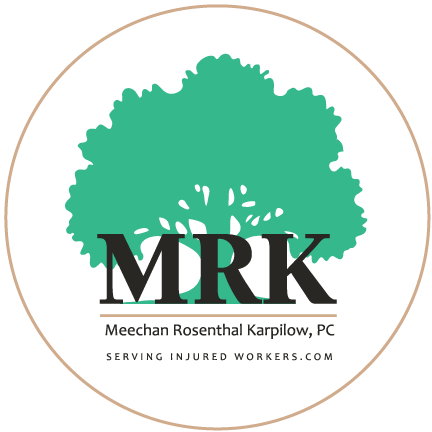Regardless of where you work, you are at risk of slipping, tripping or falling during your shift. After all, according to the Centers for Disease Control and Prevention, falls accounted for 18% of nonfatal workplace injuries in 2020. Luckily, not all falls result in serious and life-altering injuries.
If you hit your head during a fall, however, your life might never be the same again. In addition to potentially suffering a traumatic brain injury, you can injure your spinal cord during a fall. Spinal myelopathy is a serious medical condition that occurs when something compresses your spinal cord.
Compression of the spinal cord
Not only do the bones and ligaments in your neck help to support your head, but they also protect your spinal cord from injury. Regrettably, though, a fall can cause bones, ligaments or disks in your neck to shift and move too close to your spinal cord. Compression of the spinal cord can interrupt nerve signals as they travel from your brain to the rest of your body.
Your medical care
Spinal myelopathy is the result of a compressed spinal cord. If you develop the condition after a fall, you might have one or more of the following symptoms:
- Pain in your back, neck or limbs
- Numbness, tingling or weakness in your arms or legs
- Difficulty walking or performing tasks that require fine motor skills
- Loss of bladder or bowel control
Because spinal myelopathy is a serious medical condition, you must seek emergency medical care. That is, you should visit the emergency room immediately after noticing the onset of symptoms. Ultimately, though, if you receive prompt medical care, you are likely to have a good chance of recovering completely from spinal myelopathy.

